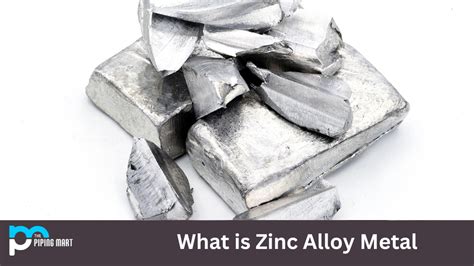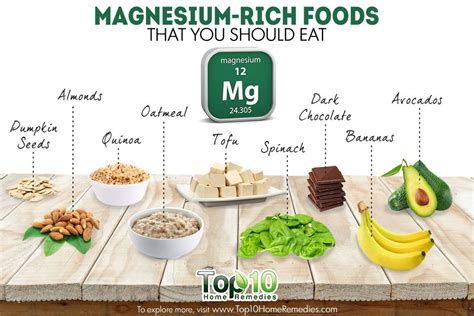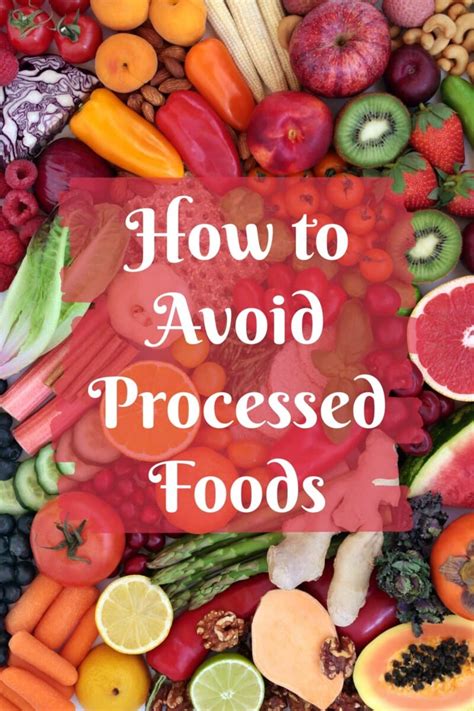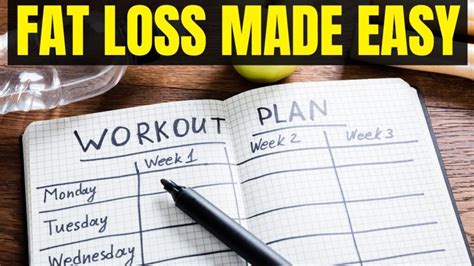Understanding Testosterone and Its Dietary Link
Testosterone is a vital hormone in men, playing a crucial role in maintaining muscle mass, bone density, red blood cell production, libido, and overall mood and energy levels. While various factors influence its production, diet stands out as a powerful and controllable lever. Optimizing your nutritional intake can significantly support your body’s natural capacity to produce this essential hormone, without resorting to external interventions.
A balanced diet rich in specific micronutrients and macronutrients provides the building blocks and metabolic support necessary for testosterone synthesis. Conversely, poor dietary choices can hinder production, leading to suboptimal levels and associated health issues. This guide will delve into the specific foods and nutrients that can help men naturally boost their testosterone.

Essential Nutrients for Testosterone Synthesis
Several key vitamins and minerals are directly involved in the biochemical pathways that lead to testosterone production. Ensuring adequate intake of these nutrients is paramount.
Zinc: A Mineral Powerhouse
Zinc is a critical mineral for numerous bodily functions, including immune health, protein synthesis, and, significantly, testosterone production. Studies have shown that zinc deficiency can lead to reduced testosterone levels, and supplementation in deficient individuals can restore them. Excellent sources include oysters, red meat, poultry, beans, nuts, and whole grains.
Vitamin D: The Sunshine Vitamin
Often referred to as a hormone itself, Vitamin D plays a crucial role in male hormone health. Research suggests a strong correlation between healthy Vitamin D levels and higher testosterone. While sunlight is the primary source, dietary options include fatty fish (salmon, mackerel), fortified milk and cereals, and egg yolks.

Healthy Fats: Not All Fats Are Equal
Cholesterol, derived from dietary fats, is the precursor to testosterone. Therefore, adequate intake of healthy fats is essential. Focus on monounsaturated and polyunsaturated fats found in avocados, olive oil, nuts, seeds, and fatty fish. Saturated fats in moderation from sources like grass-fed meat and coconut oil can also play a role, but trans fats should be strictly avoided due to their detrimental effects on overall health and hormone balance.
Magnesium: The Often-Overlooked Mineral
Magnesium is another vital mineral that influences testosterone by reducing oxidative stress and improving insulin sensitivity. It also helps increase free (bioavailable) testosterone by inhibiting the binding of sex hormone-binding globulin (SHBG) to testosterone. Rich sources include leafy green vegetables, nuts, seeds, legumes, and whole grains.

Foods to Prioritize in Your Diet
Beyond specific nutrients, incorporating certain food groups can collectively support testosterone optimization.
Cruciferous Vegetables
Broccoli, cauliflower, cabbage, and Brussels sprouts contain compounds like indole-3-carbinol, which help the body metabolize estrogen more effectively. By promoting a healthier estrogen-to-testosterone ratio, these vegetables indirectly support higher testosterone levels.
Berries and Antioxidant-Rich Foods
Berries, dark leafy greens, and other antioxidant-rich foods combat oxidative stress, which can negatively impact hormone production. Reducing cellular damage helps maintain optimal bodily functions, including hormone synthesis.
Lean Proteins
Adequate protein intake is essential for muscle maintenance and overall health. Lean protein sources like chicken, turkey, fish, and lean cuts of beef provide amino acids necessary for hormone synthesis and help maintain a healthy body composition, which is indirectly linked to testosterone levels.

Foods and Habits to Limit or Avoid
Just as important as what you eat is what you limit or avoid.
Processed Foods and Excessive Sugar
Diets high in refined sugars and processed foods can lead to insulin resistance and increased body fat, both of which are associated with lower testosterone levels. These foods often lack essential nutrients and contribute to inflammation.
Excessive Alcohol Consumption
Chronic and excessive alcohol intake can directly interfere with the testes’ ability to produce testosterone and can increase estrogen levels, disrupting the delicate hormonal balance.
Unhealthy Fats and Trans Fats
As mentioned, trans fats are detrimental. Diets excessively high in certain unhealthy fats can promote inflammation and negatively impact hormone health. Focus on balance and healthy sources.

Holistic Dietary Approach for Optimal Testosterone
Ultimately, a comprehensive and balanced dietary approach is most effective. Focus on whole, unprocessed foods, a wide variety of vegetables and fruits, healthy fats, and adequate protein. Hydration, sufficient sleep, and regular exercise also play critical roles in hormone health and should be considered alongside dietary changes. Consistency is key; sustained healthy eating habits will yield the best long-term results in optimizing natural testosterone production.




